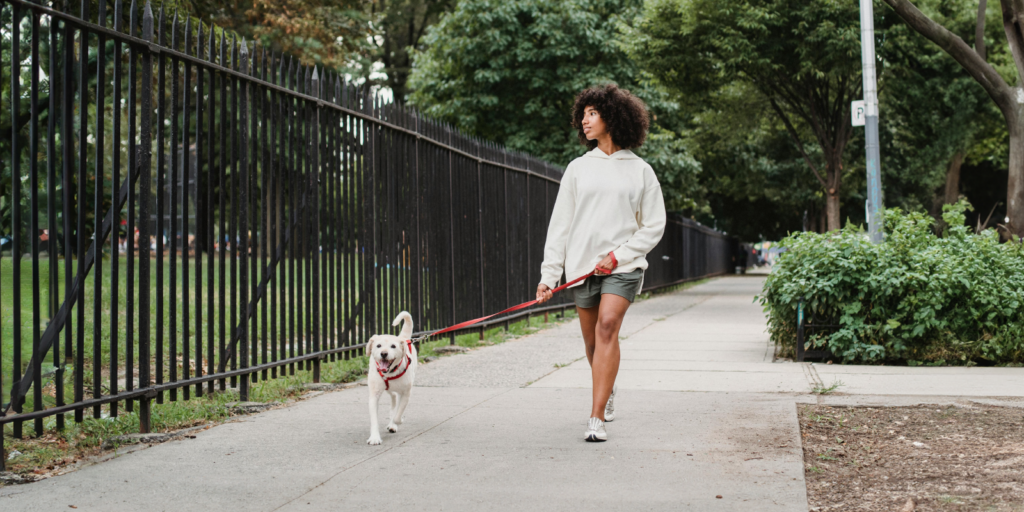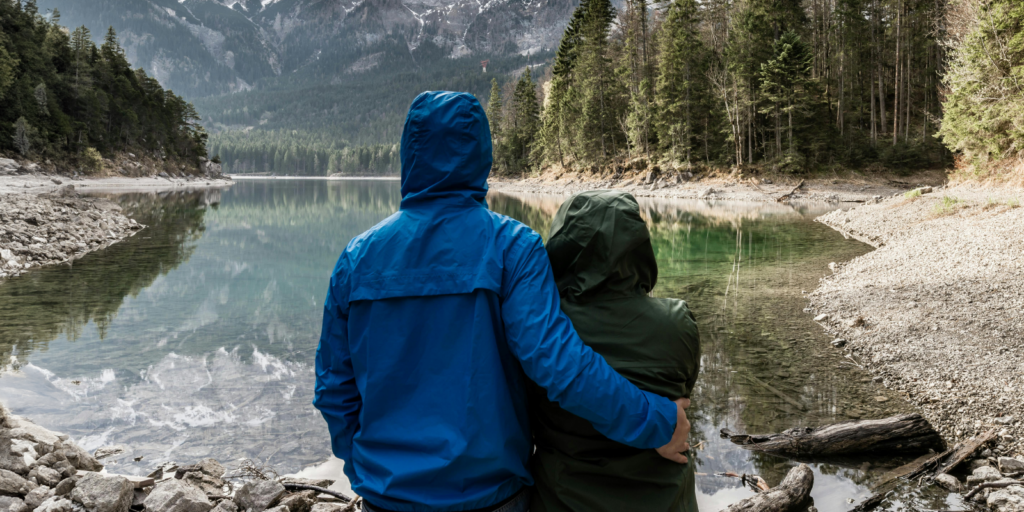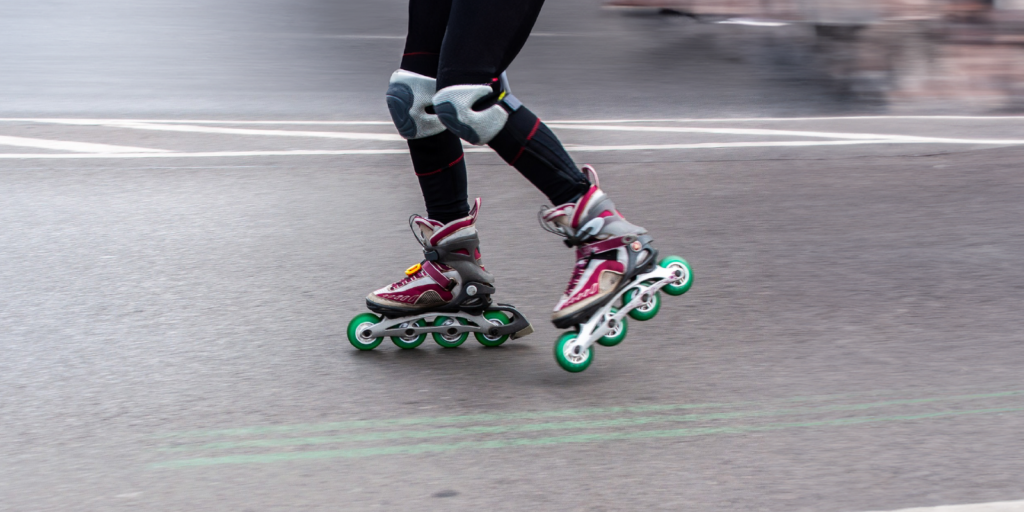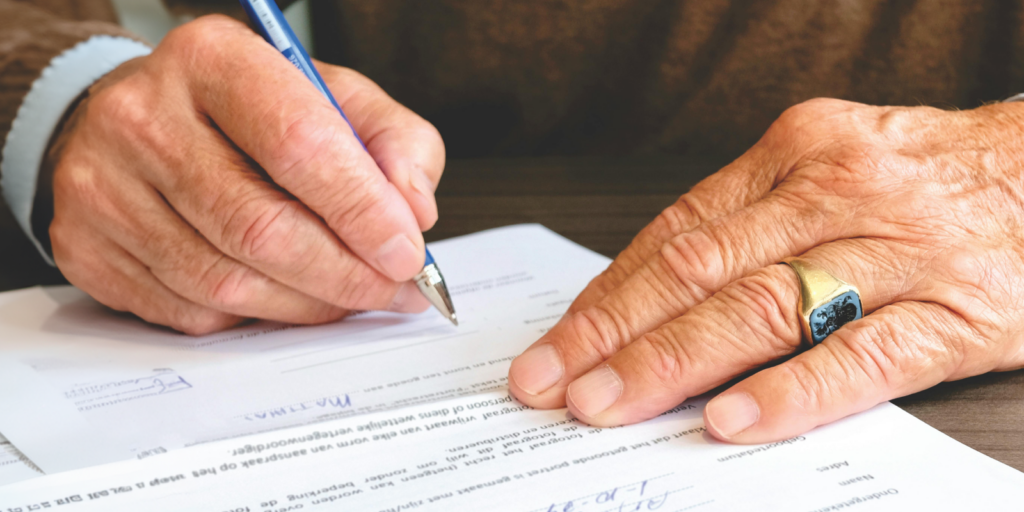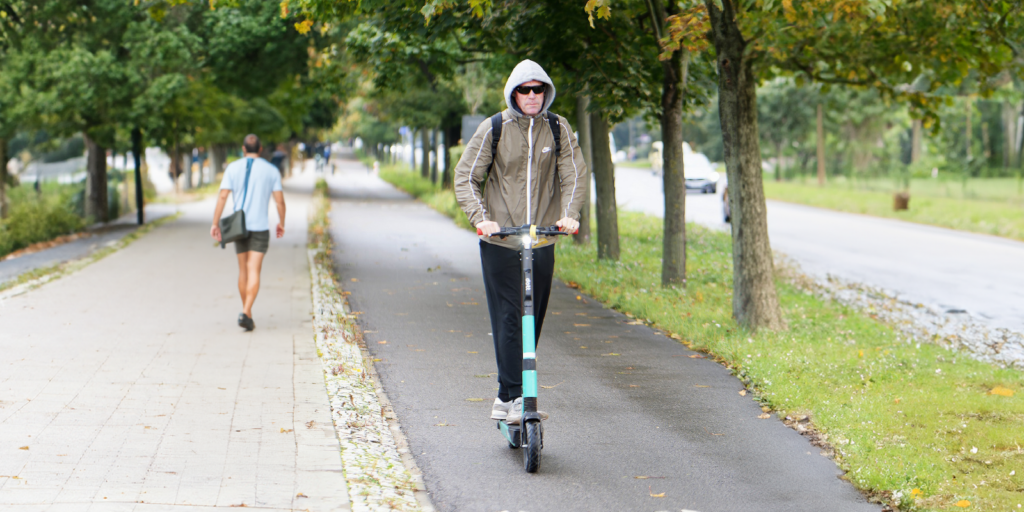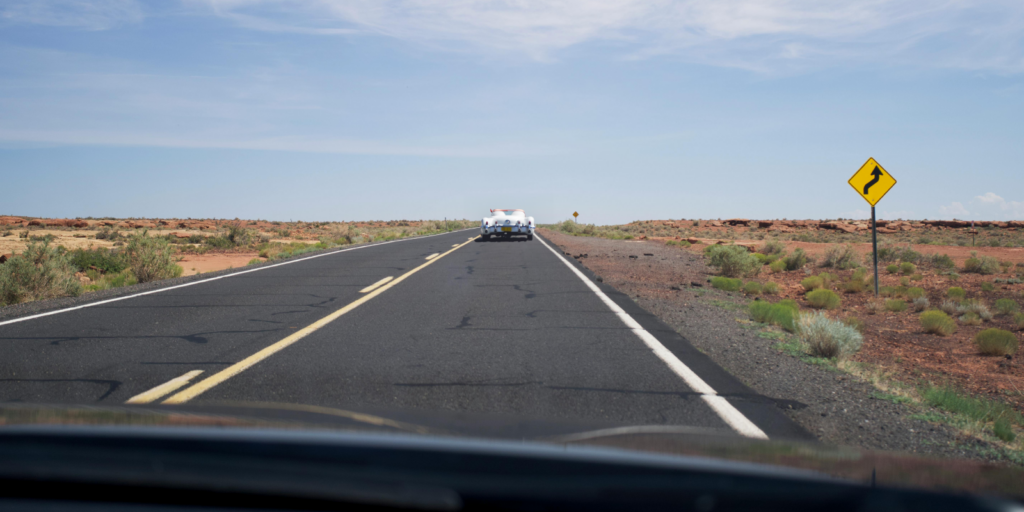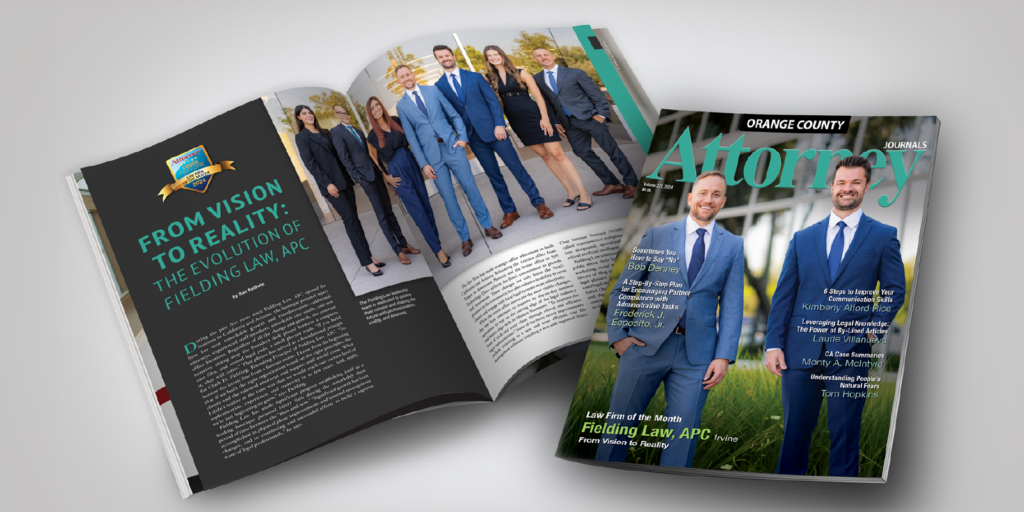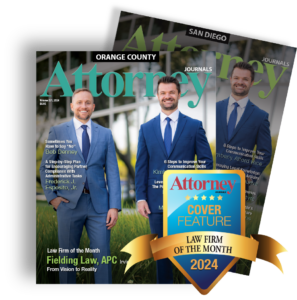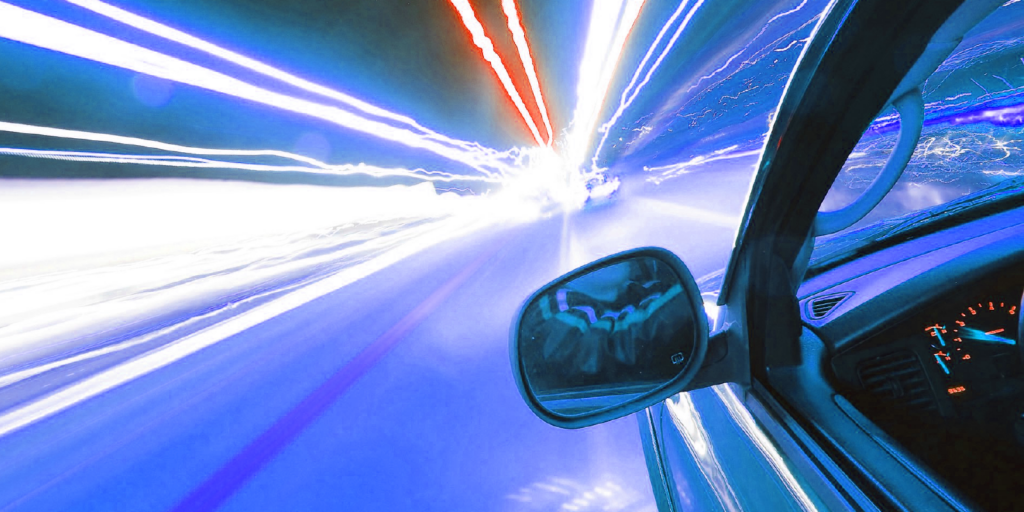
Speeding poses significant risks, impacting more than just the driver’s safety. It endangers passengers, pedestrians, and other road users, often leading to severe accidents. Understanding the dangers of speeding can encourage more cautious driving habits and help reduce accidents on our roads.
Speeding Dangers
Speeding does not just increase the likelihood of an accident—it also amplifies the severity of crashes. Here are some critical dangers associated with speeding:
Reduced Reaction Time: At higher speeds, drivers have less time to react to unexpected events. This can lead to difficulty in avoiding obstacles or responding to traffic signals.
Increased Stopping Distance: The faster a vehicle is traveling, the longer it takes to come to a complete stop. This makes it challenging to avoid collisions, especially in sudden situations.
Loss of Vehicle Control: Speeding can cause a driver to lose control of their vehicle, especially when navigating curves or adverse weather conditions.
Greater Impact in Collisions: The force of a crash increases exponentially with speed, leading to more severe injuries and damage.
Legal Ramifications of Speeding
Speeding is not only dangerous, but it also has significant legal consequences. Drivers found guilty of speeding can face:
- Fines and Penalties: Speeding violations can result in hefty fines, especially in school zones or residential areas.
- License Suspension: Repeated offenses can lead to a suspension or revocation of driving privileges.
- Increased Insurance Rates: Speeding tickets often result in higher insurance premiums.
- Legal Liability: In the event of an accident, the speeding driver may be held legally responsible for any injuries or damages.
Why Hire Fielding Law
If you are injured due to a careless speeder, choosing the right legal representation is crucial. Fielding Law offers empathetic, kind, and highly capable assistance to those dealing with personal injuries. Their dedicated team is well-versed in navigating the legal system and is committed to ensuring you receive the compensation you deserve.
At Fielding Law, we fight with integrity and tenacity. Our focus is on helping those injured due to negligence. You can reach us at 833.88.SHARK for a consultation.
Speeding is a dangerous habit that affects everyone on the road. By understanding the risks and potential legal consequences, drivers can make more informed decisions, ultimately making our roads safer for everyone.
Note: Information provided is for educational purposes and does not constitute legal advice. Always consult with a qualified attorney for legal concerns.
